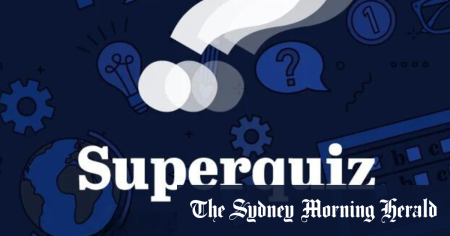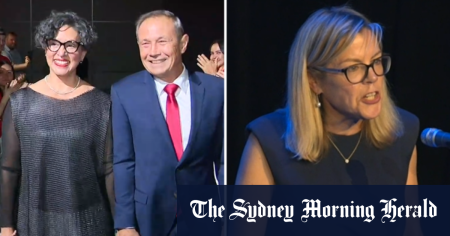Alison Soutter’s thwarted attempt to visit Garden Island via the Double Bay ferry highlights the subtle yet pervasive impact of security concerns on everyday life. The ferry stop, once a gateway to the island, now stands dormant, a victim of the ever-present fear of terrorism. This raises a broader question: what other once-accessible places or experiences have become off-limits in the name of security, and what is the cumulative effect of these restrictions on our freedom and access to public spaces? Soutter’s anecdote serves as a microcosm of this larger issue, prompting reflection on the delicate balance between safety and accessibility in an increasingly security-conscious world. The seemingly minor inconvenience of a closed ferry stop becomes symbolic of the broader compromises we make in the face of perceived threats.
The discussion then pivots to the fascinating world of wordplay, specifically palindromes. Triggered by Ted Richards’ earlier mention of the longest palindrome in English, “tattarrattat,” from James Joyce’s Ulysses, readers delve into the intricacies and nuances of these intriguing linguistic formations. Russ Couch points out the irony of the word “onomatopoeia” not being an onomatopoeia itself, further enriching the discussion. Col Burns introduces the term “emordrome” as an alternative to “palinilap” for reversed words, adding another layer to the lexicographical exploration. Ron Burke’s witty observation about living in a palindrome (Arrawarra) adds a touch of humor to the conversation. The playful banter among readers underscores the inherent joy and intellectual stimulation derived from exploring language and its quirks.
The festive season makes its presence felt in Column 8 with readers sharing their Christmas-themed observations and anecdotes. Richard Keyes’s witty characterization of Santa’s helpers as “subordinate clauses” injects a dose of grammatical humor into the holiday spirit. George Manojlovic’s comment about the potential disappointment children might experience after the deflation of inflatable Santas introduces a touch of melancholy reflection amidst the festive cheer. These contributions reflect the multifaceted nature of the Christmas experience, encompassing both joyful anticipation and the inevitable post-holiday letdown.
The conversational thread shifts to nostalgic recollections of older vehicle technology, specifically the use of manual indicators. Keith Appleton’s story about his disastrous encounter with a car’s choke control, culminating in the accidental breakage of a mechanical indicator arm, evokes a bygone era of simpler automotive mechanisms. The anecdote, filled with youthful curiosity and unintended consequences, highlights the stark contrast between older, more tactile car features and the sophisticated electronic systems of modern vehicles. The broken indicator arm, a seemingly minor detail, becomes a symbol of the lost art of mechanical ingenuity.
Donald Hawes’s recollection of manual bus indicators further emphasizes this theme. His description of the hand-operated lever, used to signal turns and stops, paints a vivid picture of a time when even public transportation relied on simple, mechanical solutions. This shared memory resonates with the previous anecdote, reinforcing the nostalgic appreciation for a time when technology was more visible and interactive. The image of the one-armed bus driver skillfully manipulating the indicator with his remaining hand adds a poignant touch to the memory.
These seemingly disparate anecdotes and observations, woven together in Column 8, create a tapestry of everyday experiences and reflections. From the inconvenience of closed ferry stops to the intricacies of palindromes, from the festive spirit of Christmas to the nostalgia of older car technology, the column captures the diverse and often unexpected moments that make up the fabric of daily life. The contributions from readers, with their diverse perspectives and witty observations, highlight the power of shared experiences and the inherent human tendency to find meaning and connection in the seemingly mundane. The column serves as a reminder that even in the face of challenges and frustrations, there is always room for humor, intellectual curiosity, and a shared sense of community.










